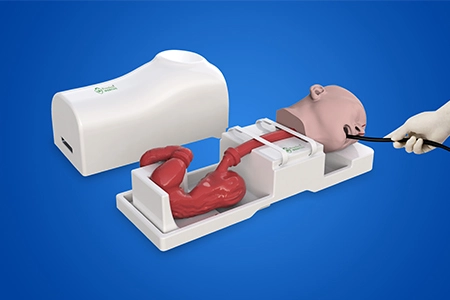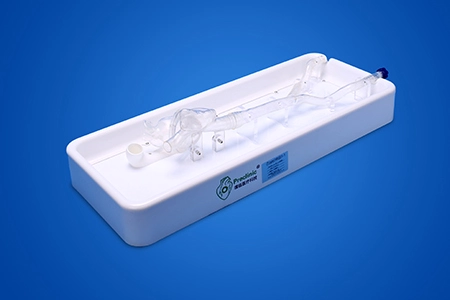The Growing Demand for Advanced Medical Simulation Tools
The global medical silicone vasculature market is projected to grow significantly, driven by the need for realistic training tools in medical education. High-quality silicone vascular models provide lifelike simulations, enabling healthcare institutions and training centers to enhance surgical and procedural skills, making them essential for B-end clients seeking reliable training solutions.
Why Medical-Grade Silicone is Critical for Vascular Models
Medical-grade silicone ensures biocompatibility, durability, and flexibility, key for replicating human vasculature accurately. Unlike lower-grade materials, medical-grade silicone meets stringent regulatory standards, reducing risks and ensuring consistent performance, which is a top priority for B-end buyers like hospitals and medical device manufacturers.
Benefits of High-Quality Silicone Vascular Models for Training
These models offer realistic tactile feedback and anatomical accuracy, improving trainee confidence and competence in minimally invasive procedures. For B-end clients, investing in premium silicone vascular models translates to better training outcomes, reduced errors, and enhanced institutional reputation, driving long-term value.
How to Identify Superior Medical-Grade Silicone Vascular Models
B-end purchasers should look for models made from certified medical-grade silicone, with clear documentation of compliance with ISO 10993 or USP Class VI standards. Suppliers offering customizable designs and proven durability cater to the specific needs of medical schools and simulation centers, ensuring a competitive edge.
Partnering with Trusted Silicone Vascular Model Suppliers
Choosing a supplier with expertise in medical-grade silicone and a track record of innovation is crucial for B-end clients. Reliable suppliers provide tailored solutions, consistent quality, and scalability, supporting healthcare institutions in meeting the rising demand for advanced training tools in a competitive market.

 English
English  中文
中文 

